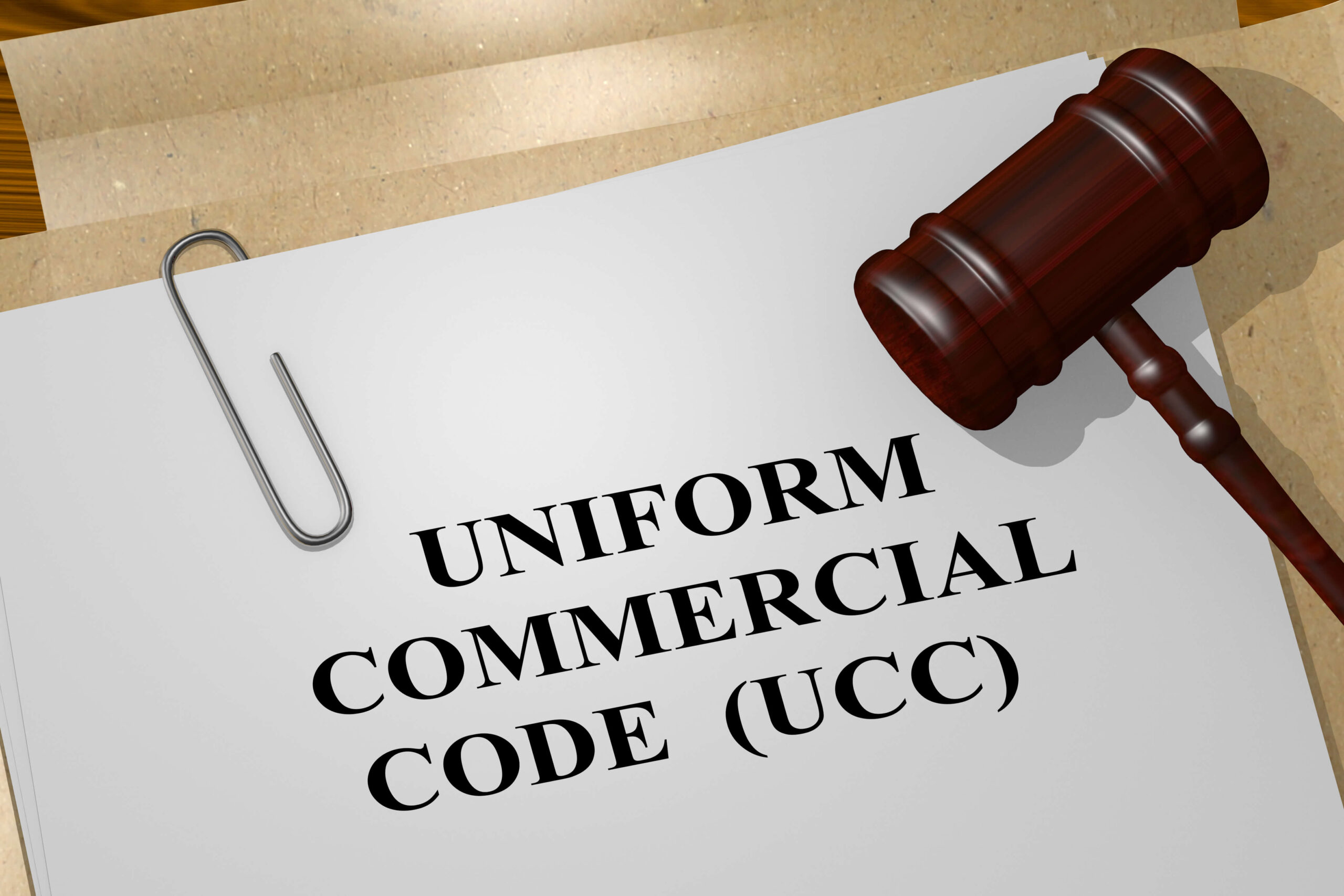If you’re researching sovereignty, legal fiction, or freeman concepts, you’ve likely come across the UCC (Uniform Commercial Code). It’s often mentioned in discussions around personal freedom, contracts, and reclaiming legal identity — but it’s also widely misunderstood, especially outside of the United States.
This article breaks down what the UCC is, why it’s used in the USA, and why it has no legal standing in the UK.
What Is the UCC?
The Uniform Commercial Code (UCC) is a set of standardized laws that govern commercial transactions across the United States. It was created to make trade and commerce uniform across all 50 states.
The UCC covers:
- Contracts and agreements
- Sale and lease of goods
- Secured transactions (like car loans or credit lines)
- Promissory notes and negotiable instruments
Each U.S. state adopts its own version of the UCC, but the core principles remain consistent nationwide.
Why Is the UCC Popular in Sovereignty Movements?
In the U.S., many people in the sovereign citizen or freeman-on-the-land movement use the UCC in an attempt to separate themselves from their legal fiction — the artificial legal entity tied to their birth certificate or all-caps name.
The most commonly referenced tool is the UCC-1 Financing Statement, used by some to:
- Claim ownership over their “strawman”
- Record their sovereign status in the public record
- Declare independence from the legal system
Important Note: While these actions are symbolic for many, U.S. courts do not recognize them as legally valid, and they may be ignored or dismissed in legal proceedings.
Why the UCC Doesn’t Apply in the UK
The UCC is a legal system unique to the United States. It does not apply in the United Kingdom or in any other country.
Here’s why:
- The UCC was created by U.S. legal scholars and is adopted only in American states.
- The UK uses a common law and statute-based system, not commercial codes like the UCC.
- UK commerce is governed by acts such as:
- Sale of Goods Act 1979
- Bills of Exchange Act 1882
- UK courts do not accept UCC forms, filings, or U.S.-based legal arguments.
Attempting to use a UCC-1 or claim rights under the UCC in the UK will have no legal impact and could even be seen as frivolous.
Common Misconceptions
Many websites and videos blur the line between U.S. and UK legal systems. Some falsely claim the UCC is part of international law or applies under maritime/admiralty law. This is incorrect.
The UCC is not international law — it is strictly American.
Using UCC terms or filings in UK courtrooms may result in your argument being ignored or your case being dismissed entirely.
What Legal Tools DO Apply in the UK?
If you’re in the UK and interested in sovereignty or lawful living, consider exploring tools based in common law, such as:
- Lawful notices of non-consent
- Affidavits of truth
- Declarations of status
- Magna Carta 1215 (especially Article 61)
- Bill of Rights 1689
- Common Law Court documentation
These approaches focus on natural rights, informed consent, and contract law — not the UCC.
However, will they be acknowledged and upheld? and should you use these tools? that is another topic for another day! in the meantime read our post on how to reclaim your strawman/legal status.
Should You Use the UCC in the UK?
No. If you’re in the United Kingdom, the UCC has no legal validity. While it may be useful to study for educational purposes, attempting to apply it to real-life legal matters in the UK will not work.
For UK residents, sovereignty must be explored through the lens of UK common law, not U.S. commercial law.
Final Thoughts
The UCC is a powerful legal code in the United States, especially in commercial and financial sectors. However, its use outside the U.S. — particularly in the UK — is not legally recognized.
If you’re serious about understanding your rights and protecting your legal identity, make sure you’re using the right tools for your jurisdiction.
Want to Learn More About Sovereignty in the UK or USA?
We offer downloadable resources, templates, and guides tailored for both regions.
Explore our Sovereign Living Toolkits and Notices of Non-Consent now.

